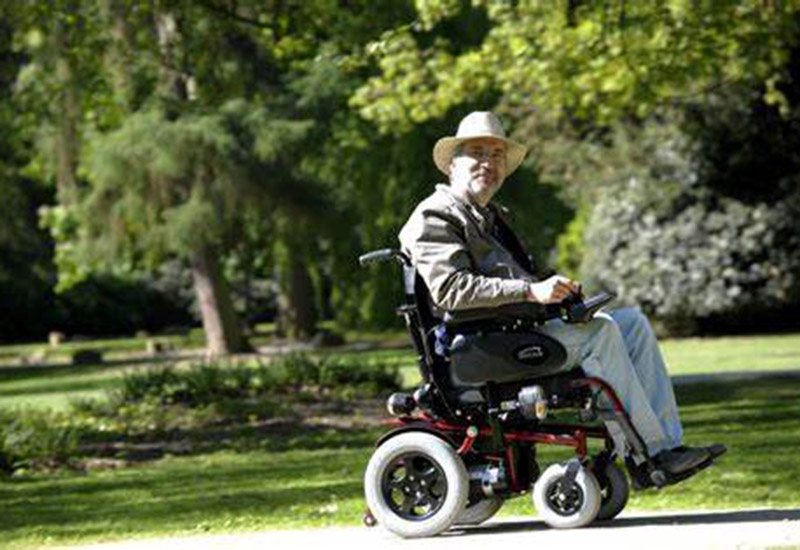The Role of GPS Trackers in Tracking People and Animals: Applications for Memory-Impaired Seniors
The Role of GPS Trackers in Tracking People and Animals: Applications for Memory-Impaired Seniors
GPS trackers have become essential tools for enhancing safety and management in various domains, including the tracking of people and animals. Among the most critical applications is the use of GPS trackers for memory-impaired seniors, such as those with Alzheimer's disease or other forms of dementia. This essay explores several case studies that illustrate how GPS trackers are used to ensure the safety of seniors and animals, highlighting their impact on care and security.

Case Study 1: Enhancing Safety for Memory-Impaired Seniors
In 2018, a nursing home in Florida implemented GPS tracking for residents with dementia to address frequent wandering incidents. Each resident was provided with a wearable GPS tracker that allowed caregivers to monitor their location in real-time. One notable incident involved an elderly woman who wandered away from the facility. Thanks to the GPS tracker, staff quickly located her at a nearby park, preventing a potentially dangerous situation. This technology has significantly reduced the stress for both caregivers and families, ensuring that residents can be found quickly and safely if they leave the premises.
Case Study 2: Improving Caregiver Response
In 2020, a senior care facility in California adopted GPS trackers integrated with geofencing technology. These devices created virtual boundaries around the facility and common safe areas. When a resident crossed these boundaries, caregivers received immediate alerts. This system proved invaluable when an elderly man with severe memory impairment left the facility grounds. The alert system enabled staff to respond promptly, locating and returning him safely within minutes. The use of GPS trackers not only enhanced resident safety but also improved caregivers' ability to respond to emergencies swiftly, thus providing a higher standard of care.
Case Study 3: Monitoring Pets of Elderly Owners
In 2021, a community program in Oregon was launched to assist seniors living independently with the added challenge of caring for pets. Many elderly individuals with memory issues struggled to keep track of their pets, leading to anxiety and occasional loss. The program provided GPS trackers for pets, enabling seniors to monitor their pets' locations via a simple smartphone app. One success story involved an elderly woman who frequently forgot where her dog was. The GPS tracker allowed her to locate the dog quickly, reducing stress and ensuring the pet's safety. This initiative not only supported the well-being of the pets but also contributed to the mental health of their owners by alleviating concerns about lost animals.
Case Study 4: Tracking Assistance Animals
In 2022, a nonprofit organization in New York City began using GPS trackers to monitor service dogs for seniors with memory impairments. These dogs play crucial roles in daily assistance and companionship. The GPS trackers ensured that if a service dog wandered off or was separated from its owner, it could be quickly found and returned. An instance where a service dog got loose in a busy neighborhood was resolved swiftly thanks to the GPS tracker, preventing what could have been a distressing situation for the senior owner. This application of GPS technology ensured the safety of both the assistance animals and their owners.
Conclusion
The integration of GPS trackers in the care of memory-impaired seniors and the monitoring of animals has proven to be a significant advancement in ensuring safety and providing peace of mind. These devices offer real-time location data, enabling quick responses to emergencies, reducing the risk of wandering, and improving overall care management. The case studies presented highlight the diverse applications and substantial benefits of GPS tracking technology. From enhancing the safety of seniors in care facilities and independent living to ensuring the well-being of pets and service animals, GPS trackers have become invaluable tools. As technology continues to evolve, the role of GPS trackers in care and monitoring is likely to expand, offering even greater benefits and innovations in ensuring safety and improving quality of life for memory-impaired seniors and their pets.

